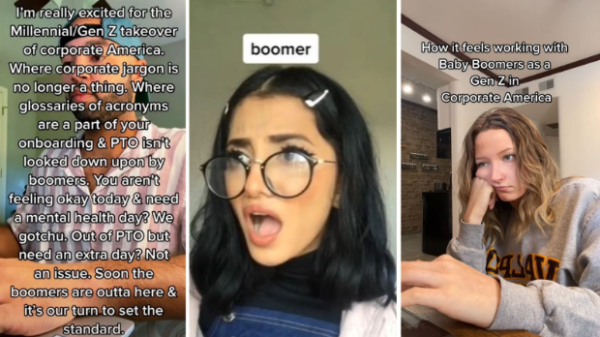Startup businesses must always prepare for the future. They must come up with solid roadmaps, develop profitable products, and regularly upgrade these as they look forward to the future.
Major companies, the usual target market of startups, often decide what will transpire in the next coming days. They invest in technologies that can help them solve their present problems than those that promise solutions for situations that may or may not happen.
This standpoint often referred to as a black hole in business development, may be considered a major waste of opportunity for startups aiming to sell their products to major enterprises. These startups want to offer groundbreaking technologies, but their target market stated that even if the executives who handle innovation or emerging technology do not see the product as a priority.
So how will your startup prevent dealing with this type of black hole? According to a recently released research conducted by Innovation Leader with the help of KPMG LLP, you may use a constructive approach to avoid such problems.
Instead of asking your target customers about the type of technologies they want to start venturing into, you can categorize their needs into four different buckets.

The first bucket includes the group of target customers that are not investing or exploring at the moment. In short, they are companies that are not interested in any emerging technology at the moment.
The customers who have the second-lowest commitment level belongs in the second bucket. They are the ones who are exploring and learning different technologies. During this stage, the startup has an opportunity to inform its possible corporate customer about the emerging technology that they offer. However, it does not mean that they will commit to purchase your offer immediately. So make sure that you can establish a relationship with them first.
Here are the leading emerging technologies that most establish enterprises are often interested in:
• Virtual reality
• Augmented/mixed reality
• Blockchain
• Wearable devices
• Artificial intelligence/machine learning
The third bucket, on the other hand, includes the companies that are piloting or investing. This bucket could be an ideal group to sell your product. During this stage, most corporate customers already have enough knowledge about several internal problems or other issues that your emerging technology can solve. They may also allocate a portion of their funds for investing.
Here are some of the most common emerging technologies that corporate clients are often interested in putting their money into:
• State-of-the-art analytics
• Artificial intelligence or machine learning
• Software and tools for collaboration
• Cloud-related services and infrastructure
• New sensors or Internet of Things (IoT)
The fourth and final bucket covers the customers that already invested in new technologies. It is the stage that may be a little too late for startups to introduce their offer. The customer may already have a deep understanding of some of the problems that need immediate solutions. They may have also established their ROI metrics. In this stage, the target customers may have already selected their seller or service provider.
By identifying which bucket your prospective customer belongs to, your startup will know how to devise the best approach when offering your emerging technology to your market.


















